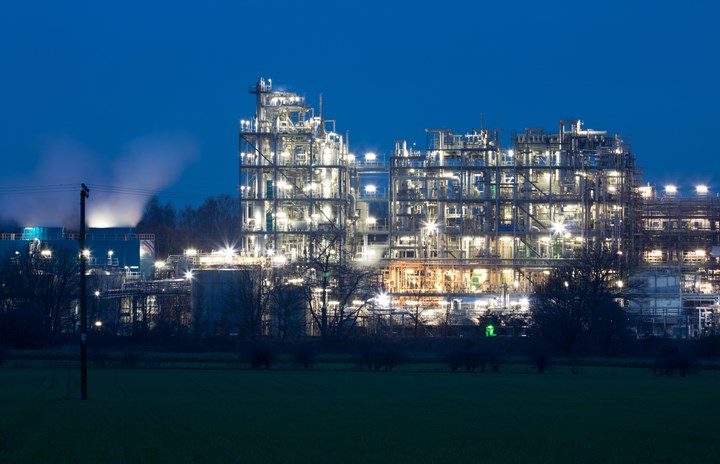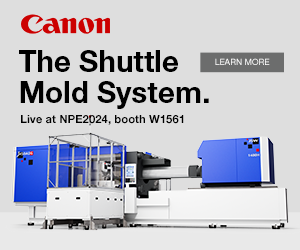Caprolactone Thermoplastics Boost Flexibility, Biodegradability of PLA and PHA
Ingevity’s Capa has been shown to enhance PLA and PHA end-use products.
Capa brand caprolactone thermoplastics from Ingevity, North Charleston, S.C., have been shown to increase the flexibility of bioplastics PLA and PHA. Ingevity acquired the Capa caprolactone division of Sweden’s Perstorp Holding AB in the spring of 2019. The Capa brand has evolved to innovative copolymers for thermoplastics that can be used to make new bioplastic compounds.

The Capa acquisition gave Ingevity access to the production and commercialization of caprolactone and high-value downstream derivatives, including caprolactone polyols, thermoplastics, lactides, and hexanediol (HDO). The Capa product portfolio comprise Ingevity’s engineered polymers business, part of the company’s performance chemicals segment.
The product, which is typically offered in pellet form (Capa 6506 is in powder form), has been shown to function as a performance enhancer in other plastics. In particular, it has been demonstrated to boost the flexibility of end-use products formulated with PLA and/or PHA, and address the challenges of these materials such as brittleness, temperature sensitivity and full biodegradability. Capa thermoplastics reportedly offer over 500% more stretch before breaking and over 300% increased impact resistance in biopolymers, like PLA.
Ingevity’s Capa thermoplastics are high molecular weight, low melting point aliphatic polyesters that can be used in combination with a wide range of hot-melt adhesive, bioplastic and thermoplastic applications to reportedly provide exceptional performance to end-use products. They have been shown to be process stable in a wide range of conditions and are fully compostable. Ingevity’s caprolactones are food compliant with additional grease- and moisture-resistant properties and are tough and durable yet soft to the touch. They boast 100% full biodegradability in 40 days versus competing products that don’t achieve even 50% in that time.
Related Content
-
Vibrantz Technologies’ Leadership Changes
Formerly Chromaflo and Ferro, Vibrantz announces shifts in leadership roles.
-
Understanding the ‘Science’ of Color
And as with all sciences, there are fundamentals that must be considered to do color right. Here’s a helpful start.
-
Compatibilizers Aid Recycling & Upcycling of Mixed Resins
Compatibilizers are proving their worth in boosting critical properties such as impact/stiffness balance of PCR and PIR blends of polyolefins and other plastics.













